FATF adds United Arab Emirates to global money-laundering ‘grey list’
The United Arab Emirates has promised “robust actions” against money laundering and illicit financing after a global financial crime watchdog placed the small Persian Gulf nation on its “grey list” of countries that need extra monitoring.
The Paris-based Financial Action Task Force (FATF) took the decision to put the UAE, which includes the freewheeling trade-to-tourism hub Dubai and oil-rich Abu Dhabi, on the gray list over concerns that the country is not sufficiently countering illegal financial activities.
The list includes 23 countries including Pakistan, Syria and Yemen.
Those countries are “actively working with the FATF to address strategic deficiencies in their regimes to counter money-laundering, terrorist financing, and proliferation financing,” the global watchdog said in a statement.
The United Arab Emirates has entered the FATF’s Jurisdictions under Increased Monitoring list, often referred to as the 'grey list', following the conclusion of the FATF Plenary. See the full update here➡️https://t.co/cuEK8iKyJY #FollowTheMoney pic.twitter.com/u6gVWHUKJo
— FATF (@FATFNews) March 4, 2022
The FAFT said the UAE still needs to make improvements in several areas, including a need to strengthen its ability to pursue high-risk money laundering threats and demonstrate a “sustained increase” in money laundering investigations and prosecutions.
UAE officials said they would strive to meet a list of requirements laid down by the task force, including increasing prosecutions and identifying sanctions evasion.
The UAE has been known as a business hub where bags of cash, diamonds, gold and other valuables can be moved into and through.
“The ongoing efforts to enhance the UAE’s anti-money laundering system are a testament to our strong commitment to combating this global problem as a strategic priority,” said Sheikh Saif bin Zayed Al Nahyan, the UAE’s minister of Interior and deputy prime minister.
.@SaifBZayed: The ongoing efforts to enhance the UAE's anti-money laundering system are a testament to our strong commitment to combating this global problem as a strategic priority.https://t.co/u0Swu5vUL3 pic.twitter.com/UtjSWwAfPE
— Dubai Media Office (@DXBMediaOffice) March 5, 2022
Financial experts say a grey-list designation is a major setback for the UAE, as it faces growing competition from its neighboring Saudi Arabia, which is growing its financial markets and taking steps to lure more investment.
In October, the FATF similarly downgraded Turkey to the so-called grey list for allegedly failing to head off money laundering and terrorist financing. The watchdog also put Mali and Jordan on its increased monitoring list.
A grey-listing reportedly strains countries' ties to foreign banks and investors that follow FATF rankings.
Unfair process
The FATF is a non-binding regulatory institution formed by Germany, Britain, Italy, the US, France, Japan and Canada plus the European Commission, and eight other European states.
According to many experts, it reflects the interests of powerful countries such as the EU member states and the US that enforce preferences on other jurisdictions. They say the organization reflects the interests of powerful countries because it depends on funds from Western governments, mainly the US.
Its founders praise the FATF for its global standards on countering terrorism financing and protecting the integrity of the international financial system.
However, the FATF has never subjected the US and the Europeans to its anti-terrorism standards for creating and supporting terrorist groups such as al-Qaeda, Daesh and anti-Iran Mujahedin Khalq Organization (MKO) which until recently was on their list of terrorist organizations.
Trump admin. asks transportation body to share passenger names in expanded deportation push: Report
UN sounds alarm over record Palestinian displacement, surge in illegal settler attacks in West Bank
Iran emerges as global fertility hub, blending innovation, research and scientific excellence
VIDEO | Can Europe save Ukraine?
VIDEO | EU freezes Russian assets
Iran’s PMI slips 0.8 points to 49.8 in November: ICCIMA
Two US soldiers, interpreter killed in surprise attack in Syria: CENTCOM
VIDEO | Epstein in Africa


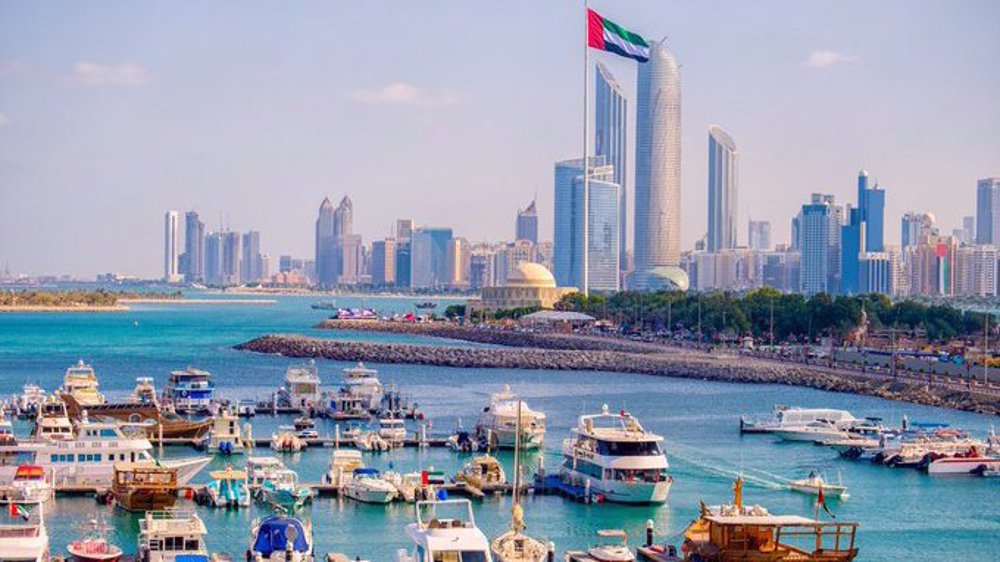
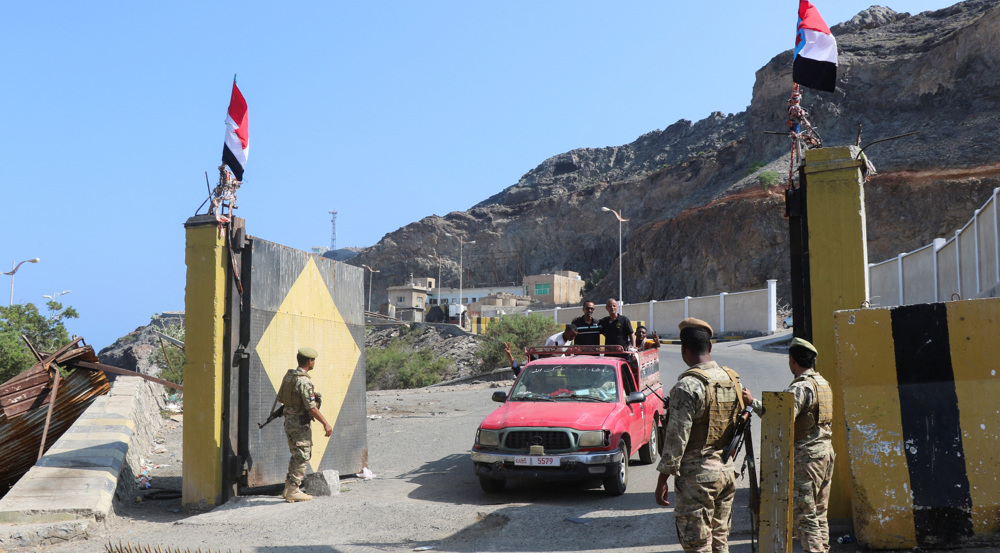
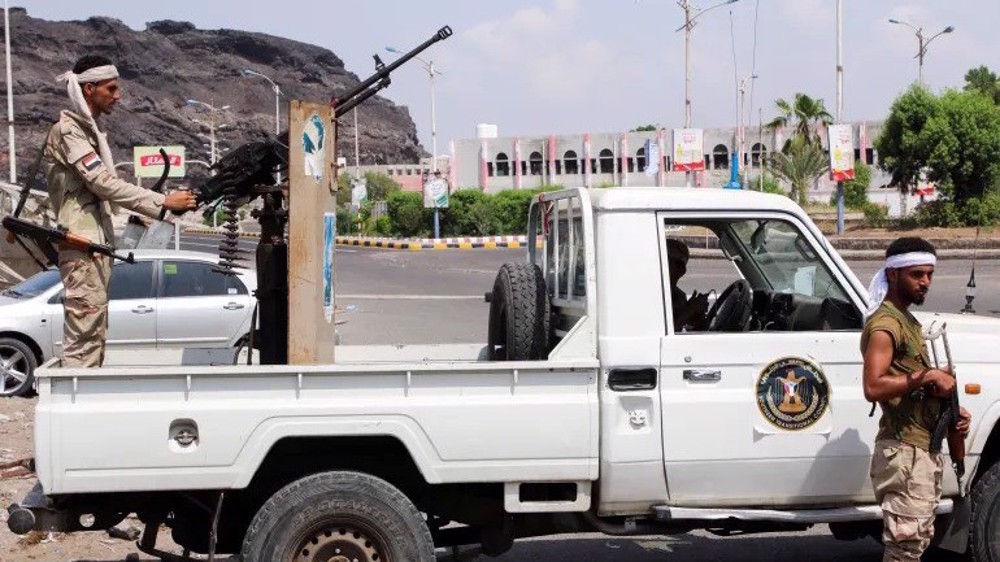
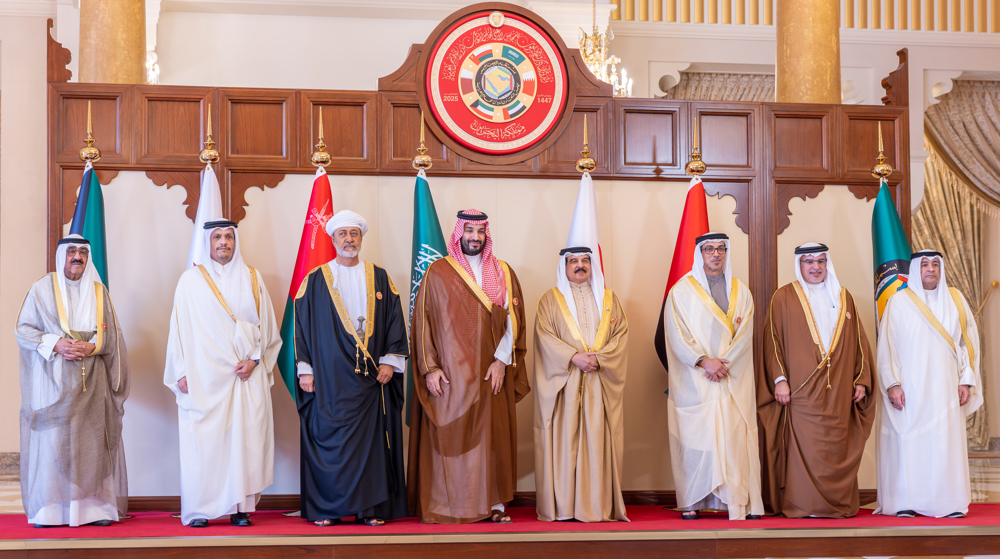



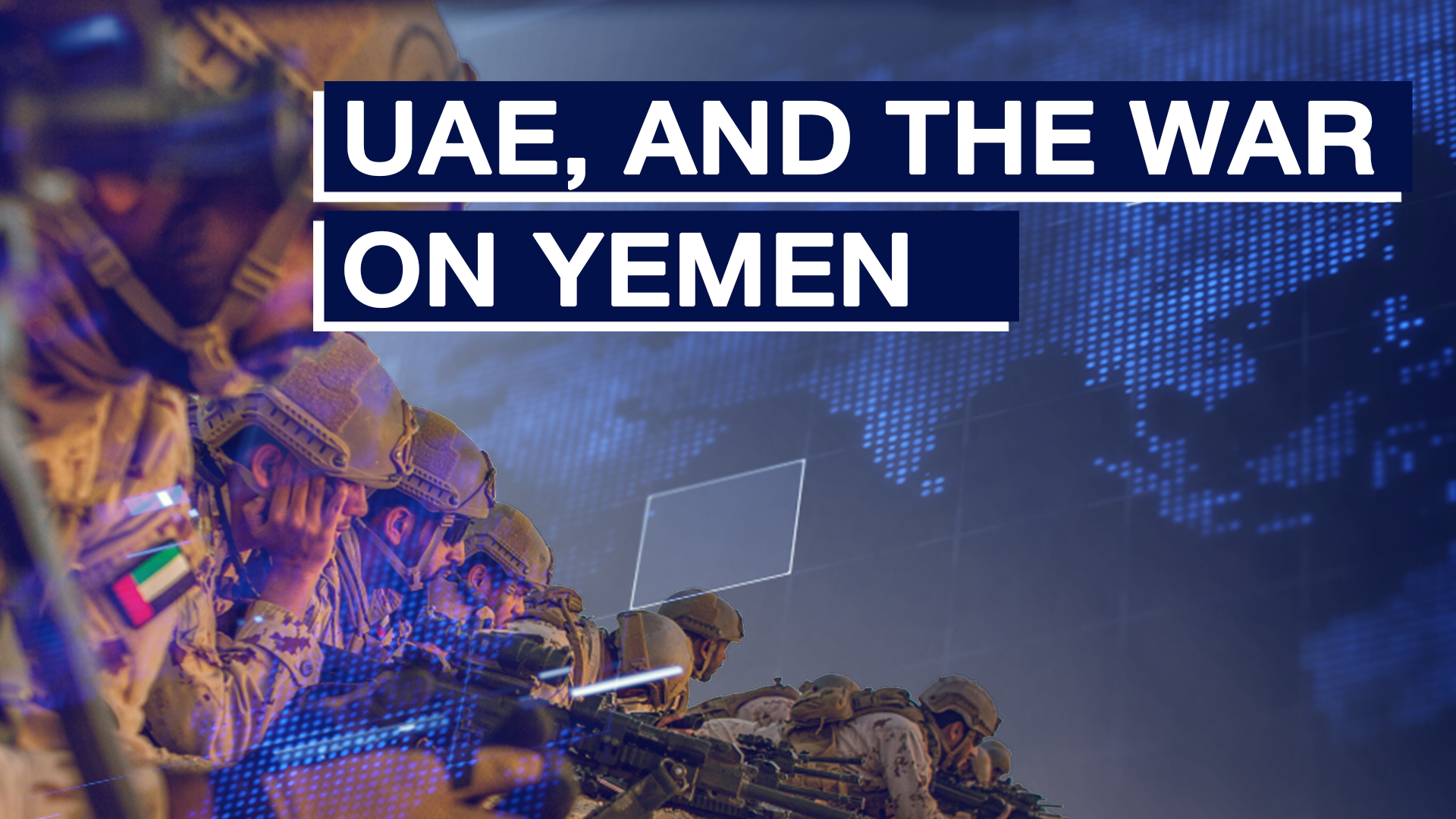

 This makes it easy to access the Press TV website
This makes it easy to access the Press TV website